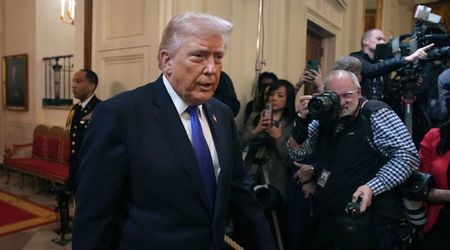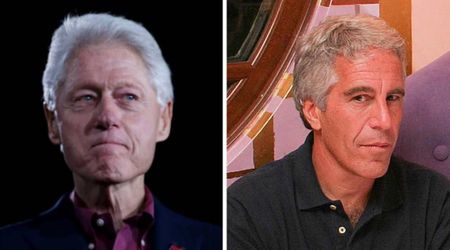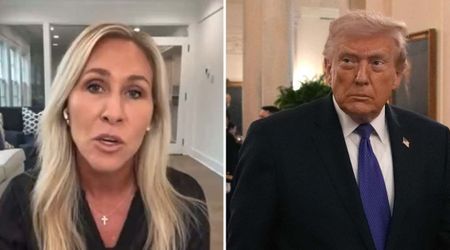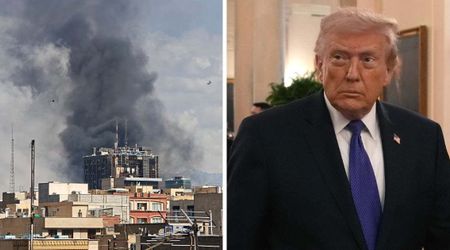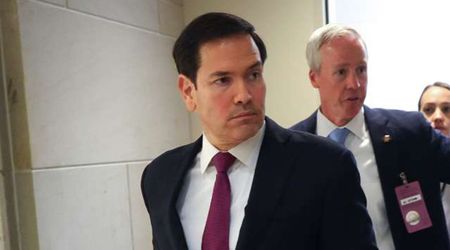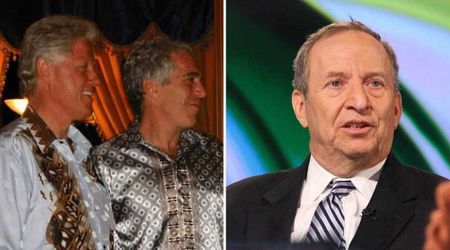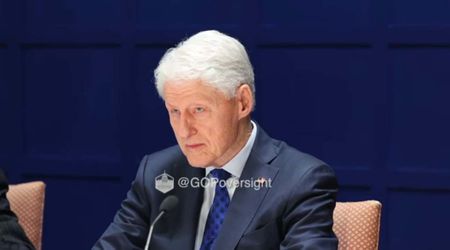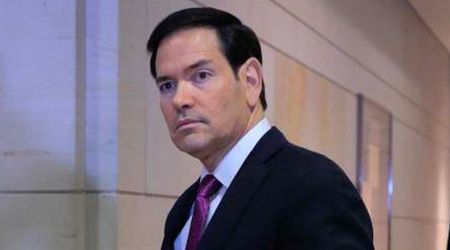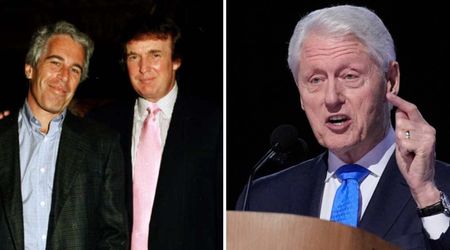Fact Check: Did Donald Trump raise the legal drinking age in US to 25?

WASHINGTON, DC: Many users across social media platforms recently claimed that President Donald Trump has raised the national legal drinking age from 21 to 25.
Since the 78-year-old is famously known for not drinking at all, the claim has found many takers and gone viral.
However, as KnowInsiders reported on Saturday, April 5, no such announcement has been made by the POTUS himself, his White House, or the federal government at large, making the popular claim demonstrably false.
When was the legal drinking age fixed in the United States?
The legal drinking age in the United States has been established as 21 since the National Minimum Drinking Age Act of 1984 was enacted, following a surge in alcohol-related traffic accidents at the start of the decade.
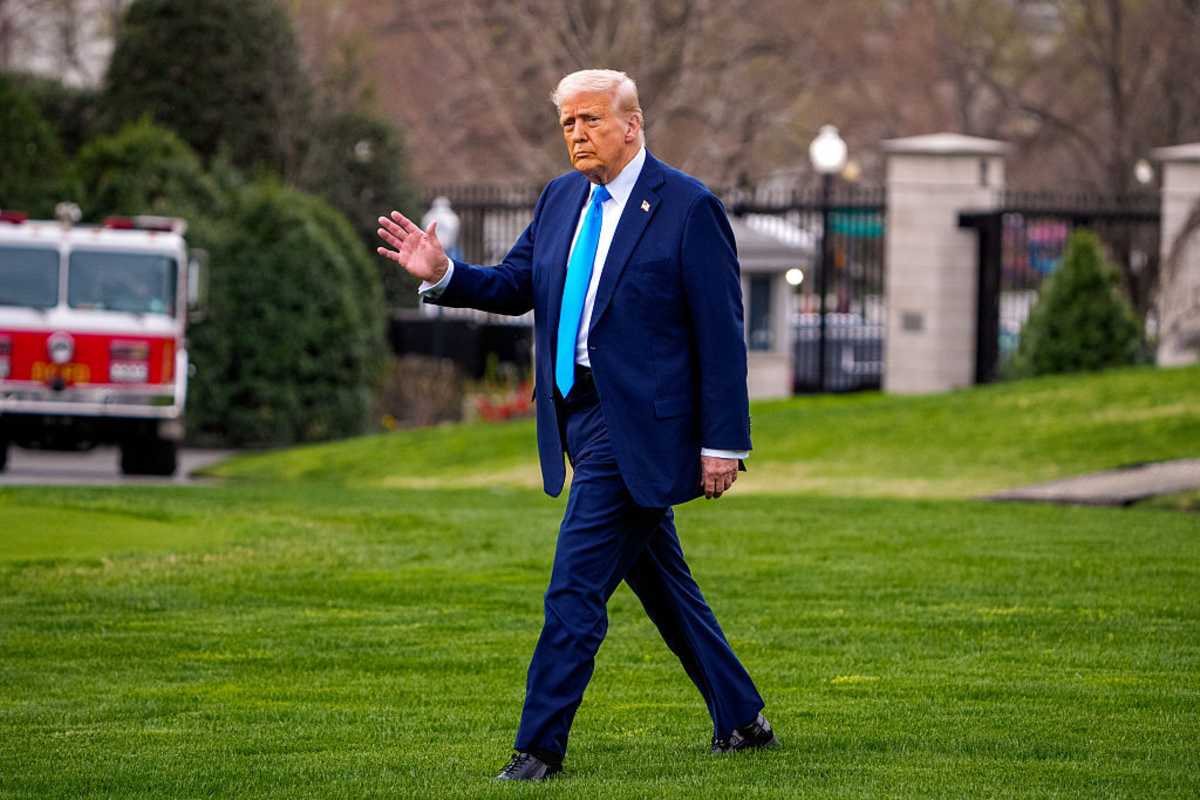
Prior to that, the legal drinking age varied widely across the different states in the country, which were allowed to set their own alcohol laws after Prohibition ended in 1933. Most states set the legal drinking age at 21, the same as the voting age.
However, the 26th Amendment to the Constitution, which was ratified in 1971, reduced the voting age to 18. The legal drinking age followed suit in many states, being reduced to 18, 19, or 20.
Trump just upped the drinking age to 25 yea doe yall can say what yall want but dawgy be low key lookN Out ‼️💯🫱🏿🫲🏾
— 9wuap0 (@GwuapoSupaNova) April 4, 2025
The absence of strict enforcement of the legal drinking age and the increase of youngsters driving under influence led to public outcry over the issue.
The movement by advocacy groups such as Mothers Against Drunk Driving (MADD) forced Congress to act, resulting in the National Minimum Drinking Age Act of 1984 that effectively standardized the age at 21.

Individual states continue to have the right to set their own drinking laws
The National Minimum Drinking Age Act does not prohibit states from setting their own drinking laws. However, it uses federal highway funding as leverage to keep the minimum age across the country at 21.
According to the legislation, any state that allows individuals under he age of 21 to purchase alcohol risks losing a portion of its federal highway funds. This led to all 50 states signing legislation adopting the minimum drinking age as 21 by 1988.
While there have been occasional attempts to lower the threshold, such as in New Hampshire in 2019, no state has yet been successful in changing it. There has also been no reported legislative attempt to increase the age to 25.


